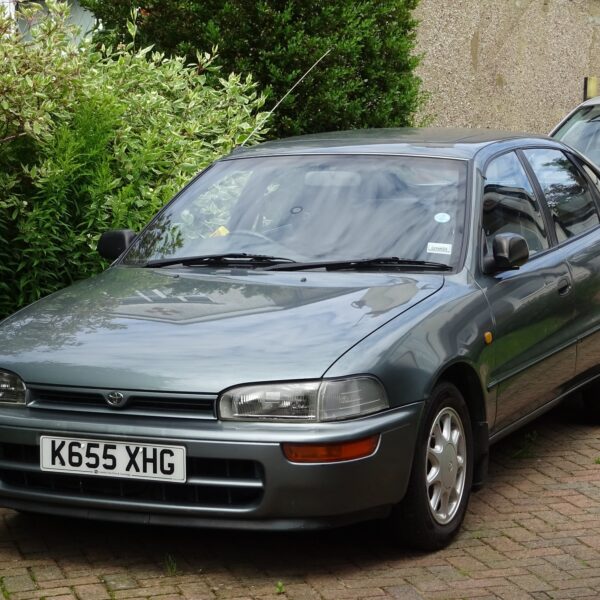Maximize Your Car’s Fuel Efficiency with These Simple Tips
Fuel efficiency is a crucial factor for car owners, not only for reducing expenses but also for minimizing environmental impact. With rising fuel prices and growing environmental concerns, improving your car’s fuel efficiency has never been more important. Here are some practical tips to help you get the most out of every gallon of fuel.
Steps to reduce your car’s fuel efficiency
1. Maintain Your Vehicle Regularly
Regular maintenance is key to ensuring your car runs efficiently. This includes:
- Oil Changes: Regular oil changes reduce engine friction, improving fuel efficiency.
- Air Filter: A clean air filter allows for better airflow to the engine, enhancing performance and fuel economy.
- Spark Plugs: Replacing worn spark plugs ensures optimal combustion, leading to better mileage.
- Tire Maintenance: Keeping your tires properly inflated reduces rolling resistance, improving fuel efficiency by up to 3%.
2. Drive Smoothly
Your driving habits significantly impact fuel consumption. Consider the following tips:
- Avoid Aggressive Driving: Rapid acceleration and hard braking can lower your fuel efficiency by up to 33% on the highway and 5% in the city.
- Use Cruise Control: On highways, cruise control helps maintain a constant speed, reducing fuel consumption.
- Smooth Acceleration and Braking: Gradual acceleration and gentle braking improve fuel economy.
3. Reduce Weight and Drag
The heavier the car, the more fuel it consumes. Similarly, aerodynamic drag can decrease fuel efficiency. To combat these issues:
- Remove Unnecessary Weight: Clear out heavy items from your trunk and backseat.
- Avoid Roof Racks: If you’re not using them, remove roof racks to reduce aerodynamic drag.
- Close Windows at High Speeds: Open windows increase drag, especially at high speeds. Use air conditioning instead if necessary.
4. Optimize Your Route
Planning your trips can save time and fuel:
- Use Navigation Apps: These apps can help you find the most fuel-efficient route.
- Avoid Rush Hour: Try to travel during off-peak times to avoid stop-and-go traffic.
- Combine Trips: Instead of making several short trips, combine errands into one longer trip.
5. Use the Right Fuel
Using the correct grade of fuel recommended by your car’s manufacturer can improve fuel efficiency. Using a higher octane fuel than necessary doesn’t provide any benefit and just increases costs.
6. Monitor and Improve Your Driving Habits
Technology can help you monitor your fuel efficiency:
- Fuel Efficiency Apps: Apps like Fuelly or GasBuddy can help you track your fuel consumption and find the cheapest gas stations.
- Eco-Driving Features: Many modern cars come with eco-driving modes that optimize performance for fuel savings.
7. Turn Off the Engine
Idling wastes fuel and contributes to pollution:
- Turn Off at Long Stops: If you’re stopping for more than a minute, turn off your engine to save fuel.
- Avoid Warming Up Your Car: Modern engines don’t need long warm-up times. Driving gently after starting your car is more efficient.
8. Consider Carpooling and Public Transport
Reducing the number of trips you make in your car can significantly improve overall fuel efficiency. Carpooling with colleagues or using public transportation are great ways to save fuel.
9. Invest in a Fuel-Efficient Vehicle
If you’re in the market for a new car, consider fuel efficiency as a top priority. Hybrid and electric vehicles offer excellent fuel economy and lower environmental impact.
By implementing these strategies, you can improve your car’s fuel efficiency, save money, and contribute to a cleaner environment. Small changes in your driving habits and regular vehicle maintenance can make a significant difference in the long run.


















Good